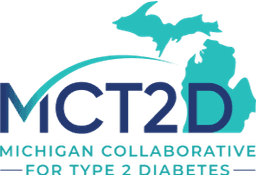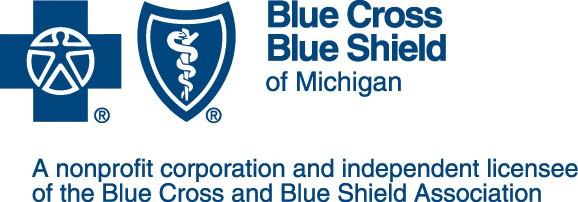NEWS & EVENTS
SPECIALTY CARE

ADA 2022 Poster: Michigan Collaborative for Type 2 Diabetes: Mixed Methods Change Readiness Assessment of Provider Organizations and Clinical Champions
Updated: 10/30/25

Noa Kim, MSI
Informatics Design Lead
Noa is the Clinical Informatics Design Lead for the Michigan Collaborative for Type 2 Diabetes (MCT2D) and Healthy Behavior Optimization for Michigan (HBOM). They strive to design stories, services, and systems that make room for the humanity of healthcare experiences.
Presented at the 2022 American Diabetes Association (ADA) 83nd Scientific Sessions held in June 2022. The poster and presentation was presented by MCT2D informatics design lead Noa Kim, MSI.
Abstract
Optimal glycemic control and avoiding cardiovascular, renal, and metabolic complications are important treatment goals in Type 2 Diabetes (T2D). The Michigan Collaborative for Type 2 Diabetes (MCT2D) is a state-wide collaborative quality initiative launched in 2021 and supported by Blue Cross Blue Shield of Michigan. A total of 27 physician organizations (POs) enrolled 238 primary care practices along with collaborating specialists across the state with the goal of improving T2D care. MCT2D has identified optimizing use of sodium-glucose cotransporter 2 inhibitors (SGLT2i) and glucagon-like peptide 1 receptor agonists (GLP-1RA), low carbohydrate diets (LCD), and continuous glucose monitoring (CGM) as initial quality initiatives. We conducted a mixed methods study of POs and practices to understand factors that will influence successful implementation.
We conducted qualitative interviews with leaders from all 27 POs using the Consolidated Framework for Implementation Research (CFIR) to assess anticipated barriers and needs. We then surveyed clinical champions at each participating practice on confidence for implementing these initiatives. Of the 238 practices, 202 consented to de-identified use of their responses.
Qualitative results identified 10 common barriers: patient activation, motivation, and engagement; clinician engagement and change fatigue; busy physician schedules; clinician education needs; lack of resources; access to dieticians for LCD counseling; access to diabetes education; cost of GLP1-RAs and SGLT2is; CGM insurance coverage limitations; and impact to risk sharing contracts. The percentage of clinical champions who responded as moderately, mostly or very confident that their practice could increase use were, 88.1% for GLP1-RAs and SGLT2is, 86.1% for CGMs, and 89.6% for LCDs. Several practical barriers will need to be addressed to successfully implement MCT2D’s initial quality initiatives.


